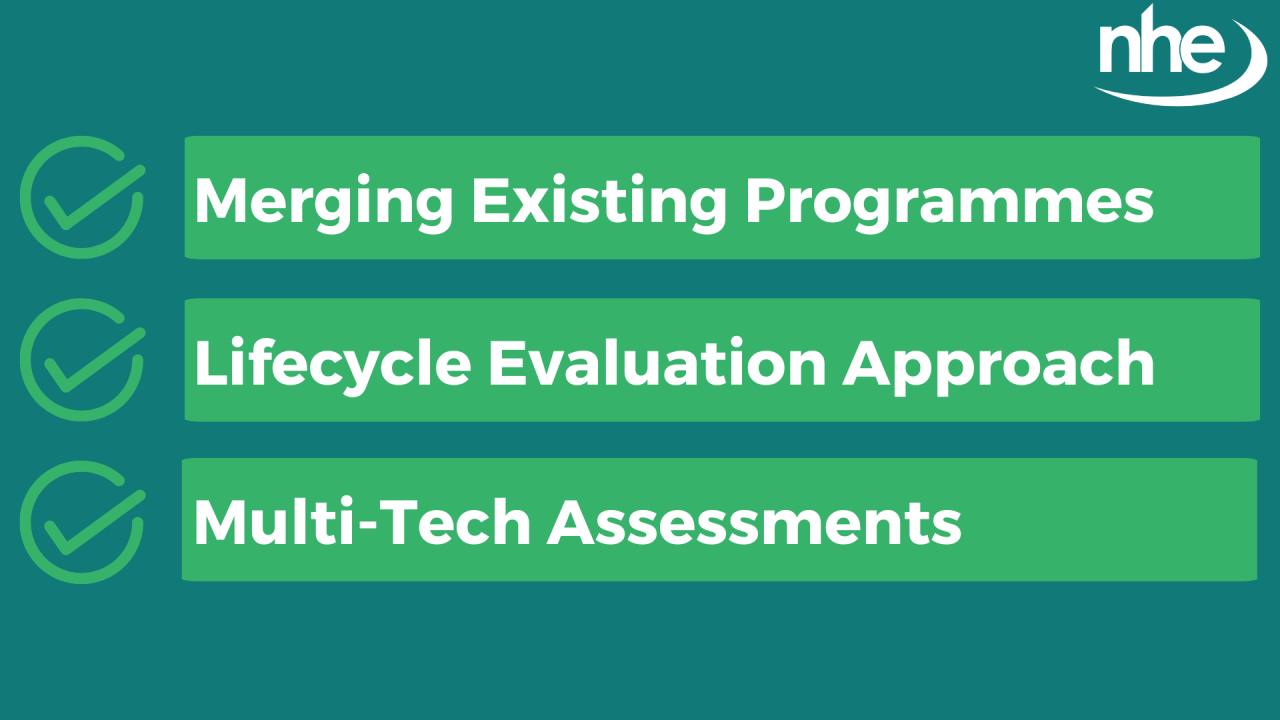The National Institute for Health and Care Excellence (NICE) has unveiled a series of transformative proposals aimed at revolutionising the evaluation and adoption of healthcare technologies within the NHS.
These reforms promise to significantly enhance the integration of medical devices, diagnostics, and digital and AI health technologies, marking the most substantial overhaul of NICE's HealthTech programme to date.
Under the new proposals, NICE will shift its focus from requiring medical devices to be cost-saving to a more comprehensive assessment of cost-effectiveness. Independent committees will evaluate technologies based on their overall benefits to patients and the healthcare system, including potential savings and efficiencies. This change is expected to facilitate the adoption of a broader range of innovative products, ensuring that the NHS remains at the forefront of medical advancements.
The proposed reforms include several key changes designed to streamline and enhance the evaluation process:
- Merging Existing Programmes: NICE plans to consolidate its interventional procedures, medical technologies evaluation, and diagnostics assessment programmes into a single, unified HealthTech programme.
- Lifecycle Evaluation Approach: A new lifecycle evaluation approach will be introduced, allowing technologies to be assessed for early or routine use in the NHS, as well as those already in use.
- Multi-Tech Assessments: The standard practice will now include multi-tech assessments of similar technologies with the same purpose, enabling more informed purchasing decisions when multiple products are available.

These changes are part of a broader strategy to support the NHS's transition from 'analogue to digital', 'hospital to community', and 'treatment to prevention'. By embracing digital and AI technologies, the NHS aims to improve productivity and patient care, ensuring that more people receive the necessary care within their communities.
Director of HealthTech at NICE, Mark Chapman, commented:
“We're transforming our HealthTech programme to ensure it meets the needs of the NHS both now and in the future.
“Our transformation aims to deliver clearer, quicker and more targeted guidance that fits NHS priorities. We want to identify and accelerate the adoption of the most effective devices, interventions, digital solutions and diagnostic tools into the NHS, where they can transform patient care and outcomes. We've already cut guidance development time without compromising quality. This is the next step.
“Our proposed new approach, including a multi-tech cost-effectiveness approach and revised assessment methods, will create opportunities for innovative solutions that previously might not have reached our independent committees for consideration because they weren’t cost saving.
"We're committed to ensuring NICE’s world leading position in making the very best clinically and cost-effective HealthTech available to our NHS."
Since the inception of its HealthTech programme, NICE has recommended several groundbreaking technologies, including hybrid closed-loop systems for managing type 1 diabetes, digitally enabled therapies for depression, and genetic testing technologies to guide antibiotic use in newborns.
NICE has opened a consultation on these proposed changes, inviting feedback until Thursday, 6 March 2025. This consultation marks the first step in creating a comprehensive HealthTech manual, with further updates planned to ensure that NICE guidance remains relevant and meets the evolving needs of patients and the NHS.
Image credit: iStock



















